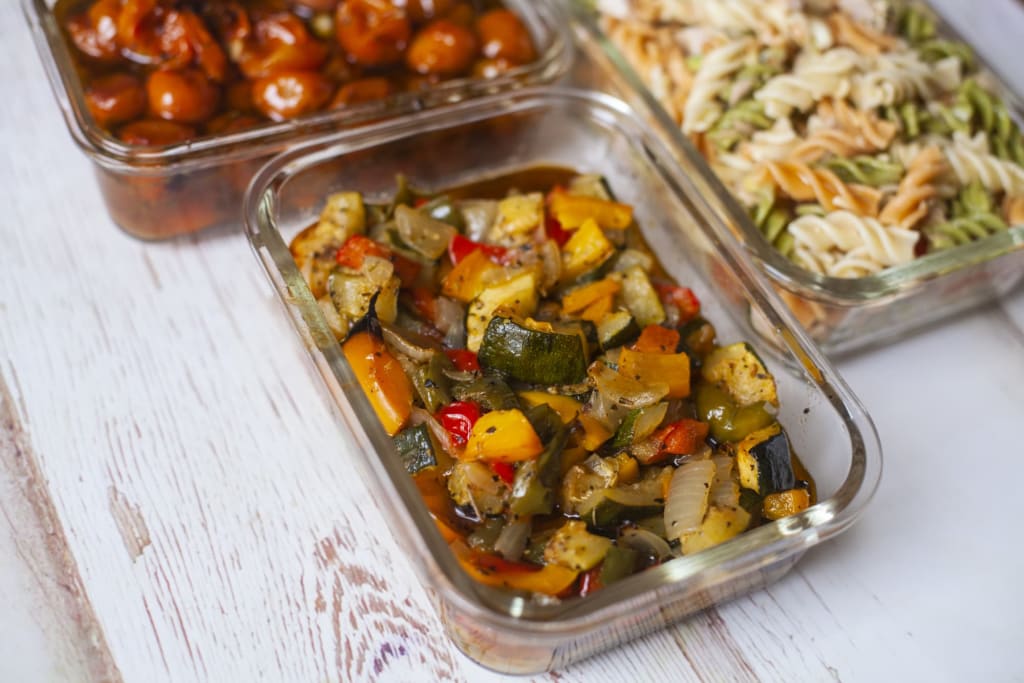Adulting 101: How to Meal Prep in College
One of the biggest challenges of being a college student is managing a hectic schedule while also trying to maintain a healthy lifestyle. With classes, assignments, and extracurricular activities taking up most of your time, it can be easy to resort to fast food and unhealthy snacks for meals. However, by incorporating meal prep into your routine, you can save time, money, and ensure that you are fueling your body with nutritious foods.
Meal prepping involves preparing meals or components of meals ahead of time, so that they are easily accessible throughout the week. This can include cooking large batches of food, chopping vegetables, or assembling grab-and-go snacks. Here are some tips to help you get started with meal prep in college:
1. Plan your meals: Before you start meal prepping, take some time to plan out your meals for the week. Consider what ingredients you already have on hand, and make a list of what you need to buy. Having a plan in place will help you stay organized and avoid last-minute trips to the grocery store.
2. Choose simple recipes: When meal prepping in college, it is important to keep things simple. Choose recipes that are easy to prepare, require minimal ingredients, and can be easily reheated. One-pot meals, such as soups, stews, and casseroles, are great options for meal prep as they can be made in large batches and portioned out for the week.
3. Invest in storage containers: Having the right containers for storing your meals is crucial for successful meal prep. Invest in a set of reusable containers in various sizes that are microwave-safe and easy to stack in your fridge or freezer. Mason jars are also great for storing salads, overnight oats, or snacks.
4. Batch cook: Set aside a few hours on the weekend to batch cook your meals for the week. Cook grains, proteins, and vegetables in bulk, and portion them out into individual containers. This will save you time during the week and ensure that you have healthy meals ready to go.
5. Mix and match ingredients: To prevent meal fatigue, mix and match your prepped ingredients throughout the week. For example, pair grilled chicken with different vegetables and grains each day to create a variety of meals. This will keep things interesting and prevent you from getting bored with your food.
By incorporating meal prep into your routine, you can save time, money, and ensure that you are fueling your body with nutritious foods while navigating the busy college life. With a little planning and organization, you can keep your meals on track and set yourself up for success. Happy prepping!
